Social Science Training
Using Social Science for Public Health Emergency Preparedness and Response
Purpose
The Collective Service (CS) seeks to reinforce capacity and local solutions to humanitarian emergencies through mentoring, technical support and resource sharing with local actors and national and subnational governments.
People working in community engagement and/or communications related fields face several limitations to the effective integration of social science in health emergency interventions and policymaking. There are gaps in terms of knowledge and capacity to produce and use operational social science research in humanitarian and health emergency contexts.
This training package was developed to address these gaps by providing a set of modules with practical and detailed guidance for facilitators to adapt and use at the local level.
– Latest revision September 2022 –
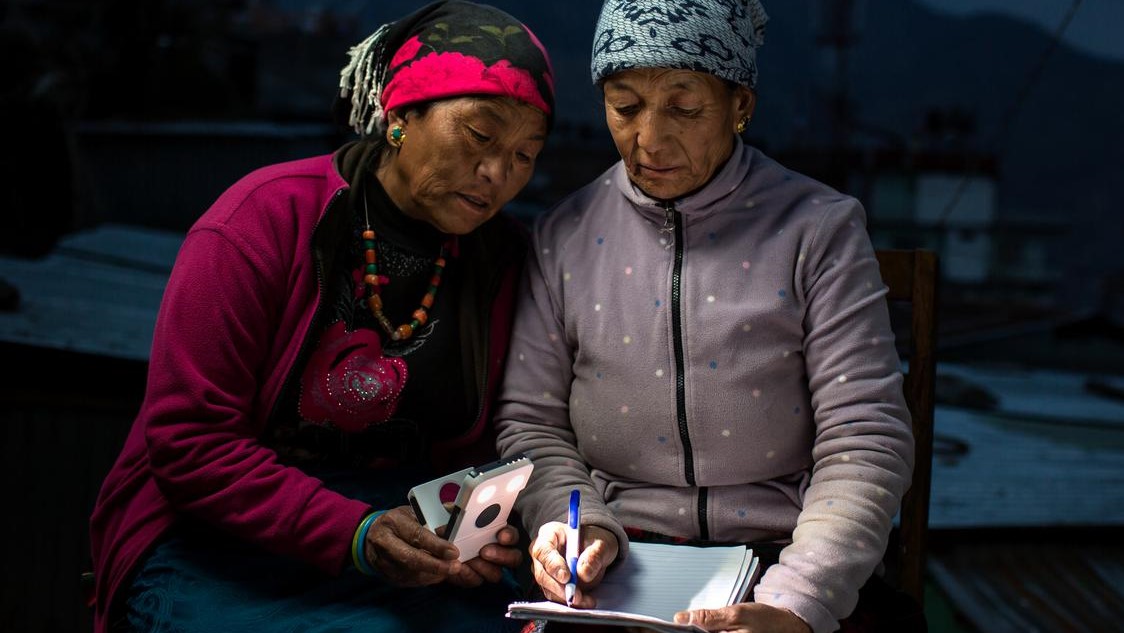
Objectives
- Design your operational research: To equip with the knowledge to commission and/or design and implement operational social science research which can generate robust, rigorous and context-relevant socio-behavioural evidence.
- Analyse exsisting research: To provide with the capacity to access, assess and make sense of, evaluate, and synthesize existing socio-behavioural evidence relevant to work.
- Reinforce use of evidence: To strengthen the ability to use socio-behavioural evidence to inform and adapt activities and other broader decision-making during humanitarian crises.
Questions
What you will learn?
Across the training package, the modules and sessions address one or more of these key questions in the social science research process.
-
- What information is needed?
- Who need this information?
- Does this information already exist? Is there a related needs assessment or study?
- What methodology and tools should be used to collect and analyse this information?
- How to ensure that this information goes back to communities? To inform community-level actions and decision-making of the broader response?
- How to ensure that the information is used to make operational and/or strategic decisions?
- How to track the information used to ensure that it effectively contributes to operational and strategic priorities?
WHO THE TRAINING IS FOR?
The training package was developed for implementation staff communicating, working with and engaging with communities in humanitarian and health emergency contexts.
These are response actors and stakeholders working in partnership with crisis-affected communities to support the prevention and reduction of public health risks and broader impacts of humanitarian crisis.
This includes individuals who design and implement community engagement and/or communications programming and who support the coordination of these responses (e.g. at the subnational communication pillar, the national-level community engagement pillar, etc.).
At the national and subnational level, this includes staff from government (e.g. Ministries of Health), UN agencies and non-government organizations (NGOs) that work in community engagement and/or communications programming. At the regional level, this includes humanitarian practitioners providing technical support to response teams in designing and implementing programmes and strategies.
Learn more: Guidance note
TRANSLATION
The training should be delivered in whichever is the primary language of the participants. In this case all the training materials, presentation slides, questions etc. should be translated in advance.
Training package are available in: English, Portuguese (excluding Session 4.9. 4.10 and 7.2).
French, Spanish, Arabic version are coming soon.
Modules
The training modules were developed to address key social science competency domains for those working in community engagement and/or communications related fields. Each module is made up of multiple sessions. Each individual session has a specific focus and learning outcome, which relates directly to the competency statement developed for each domain.

Guidance for delivering training
0
1
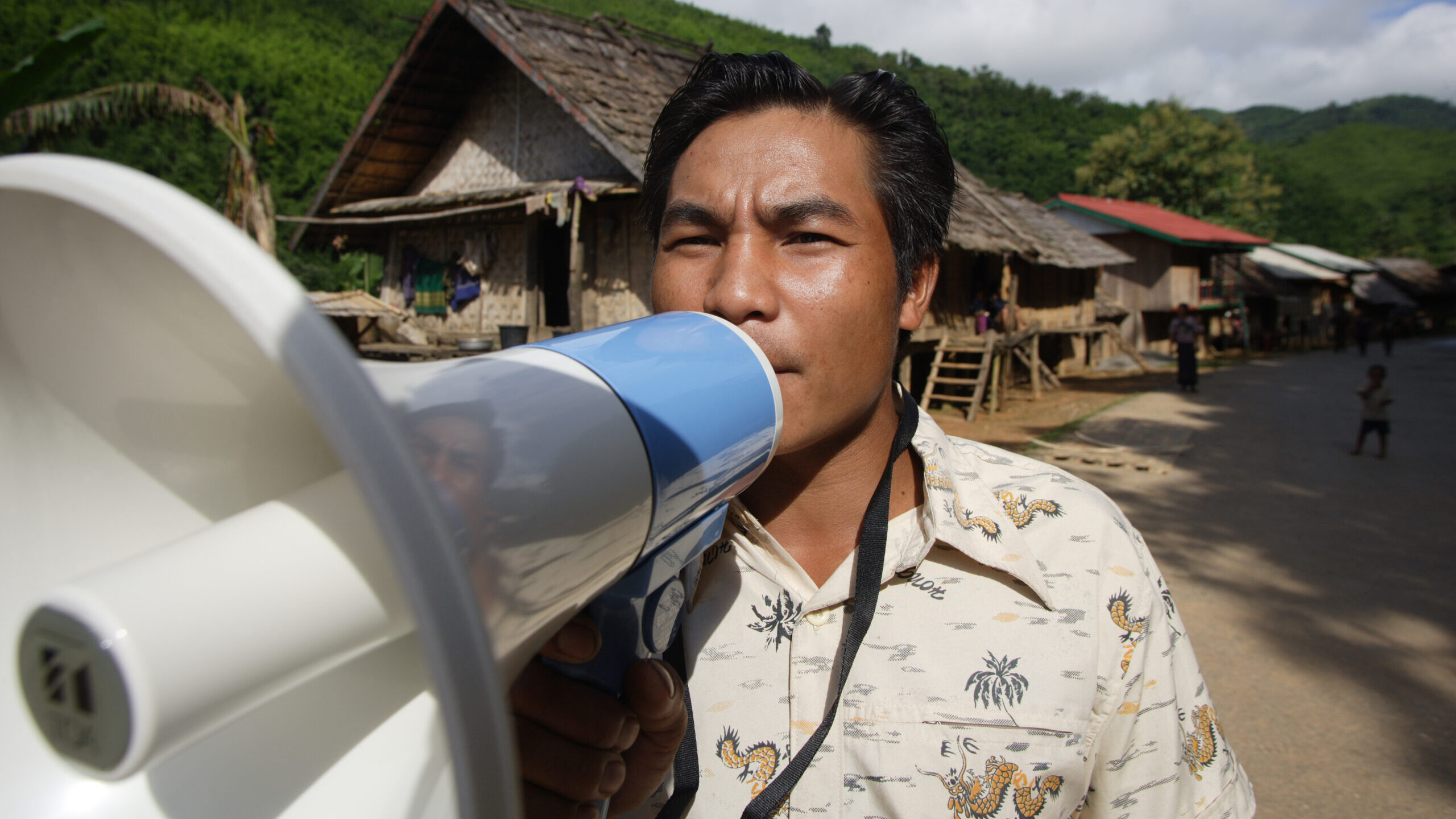
Social Science in humanitarian action and health emergencies
2
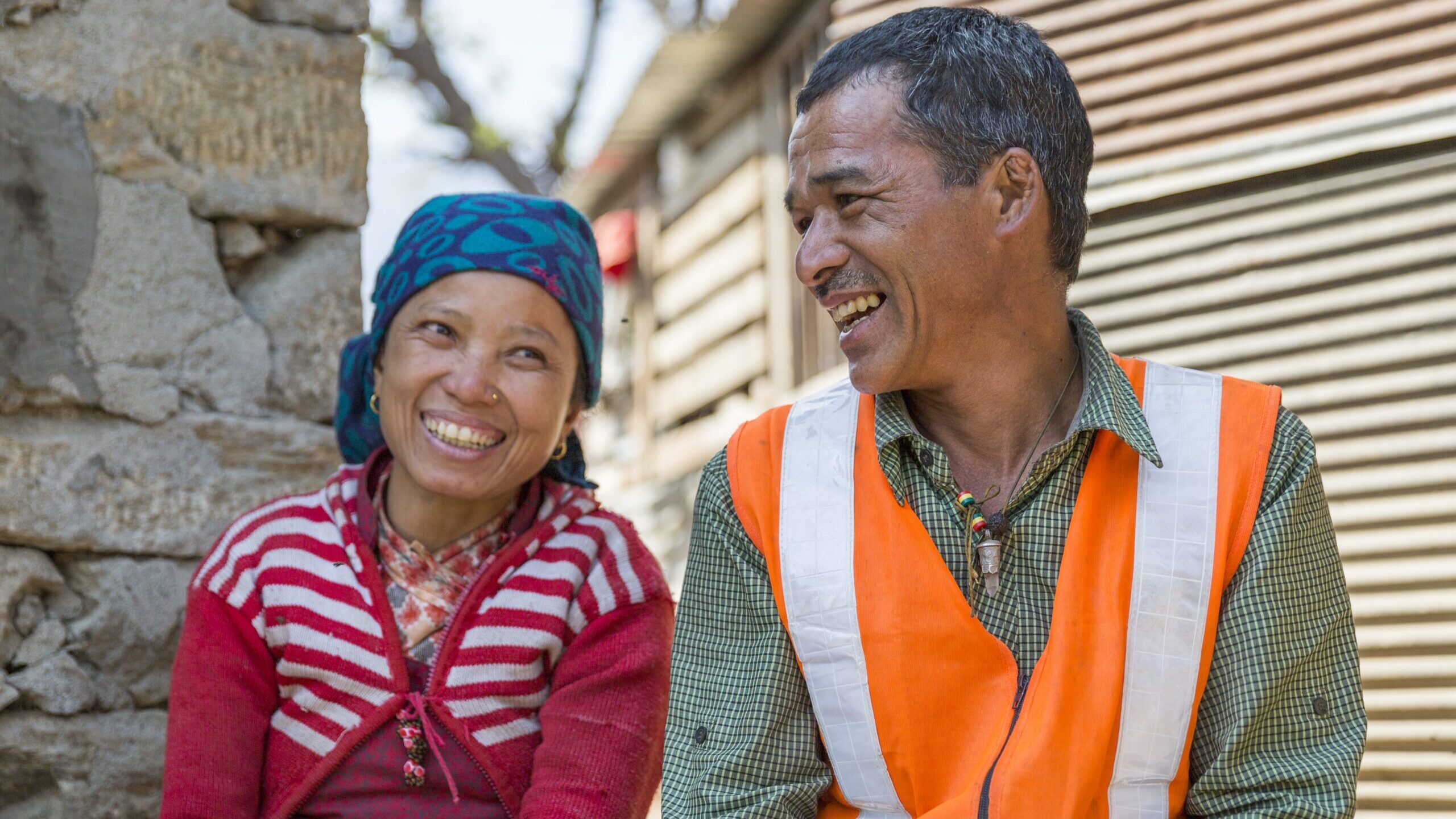
Context analysis and behavioural drivers and barriers
3
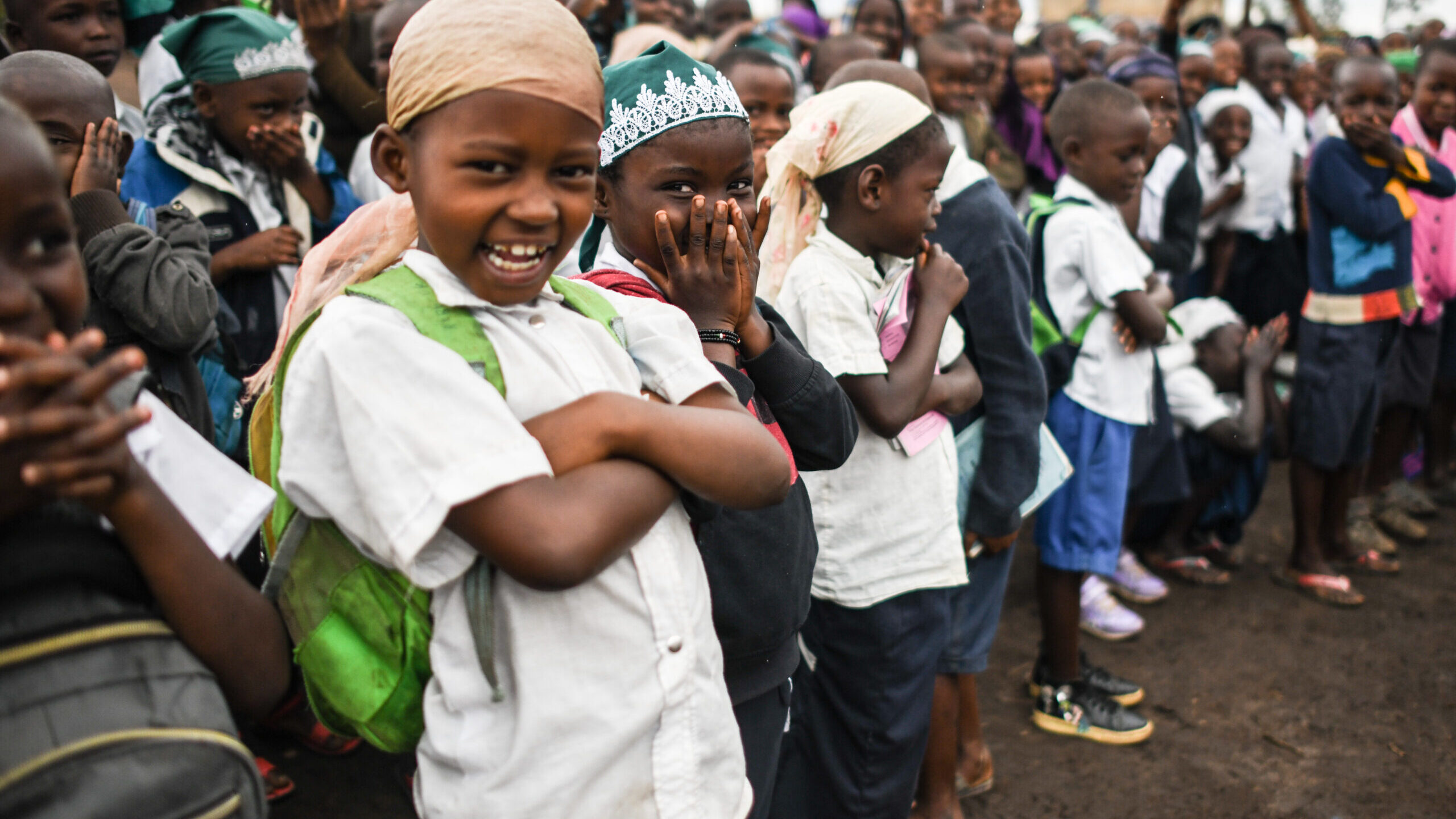
Ethics in operational research
4
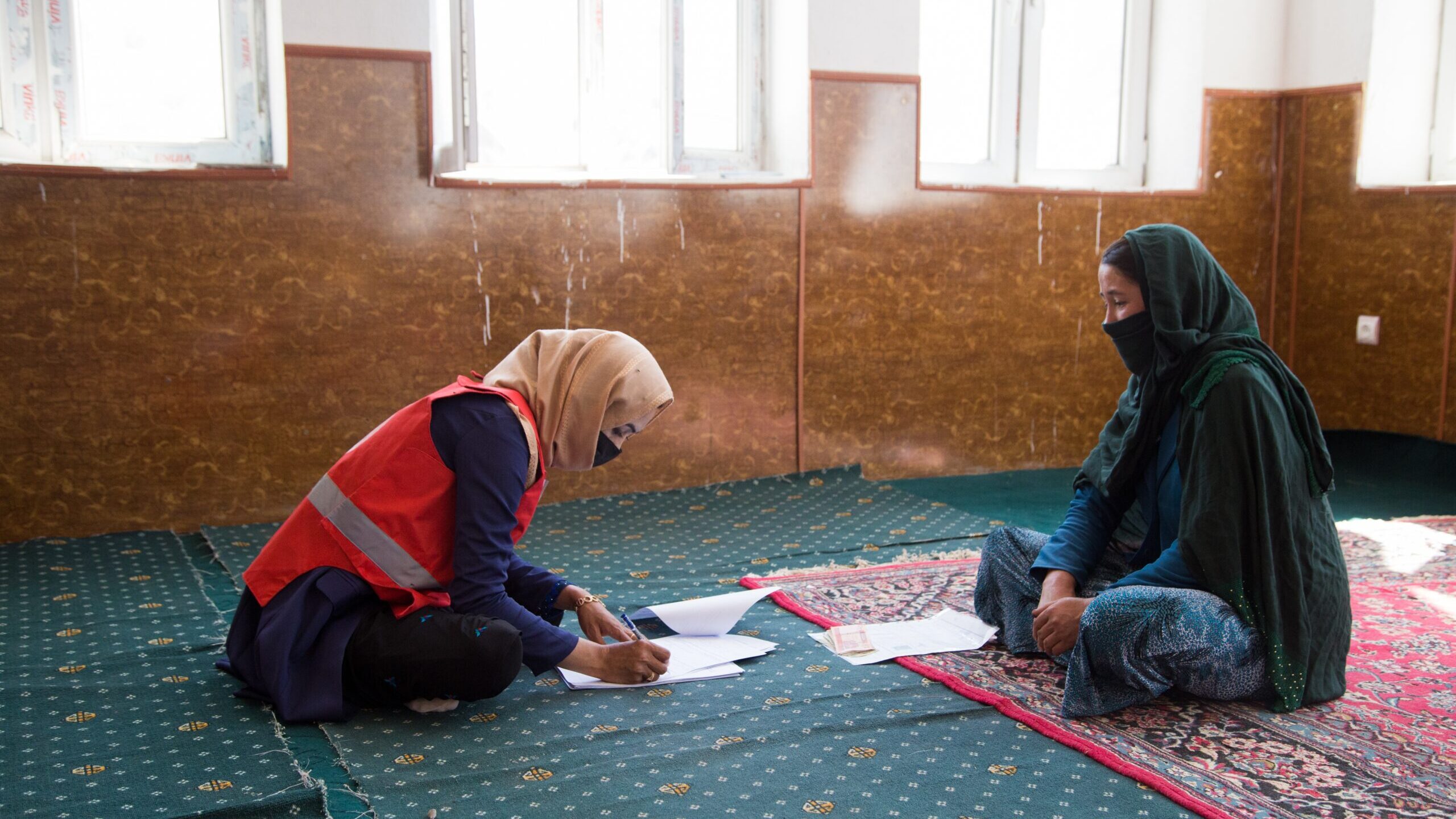
Implementation of social science research approaches
5
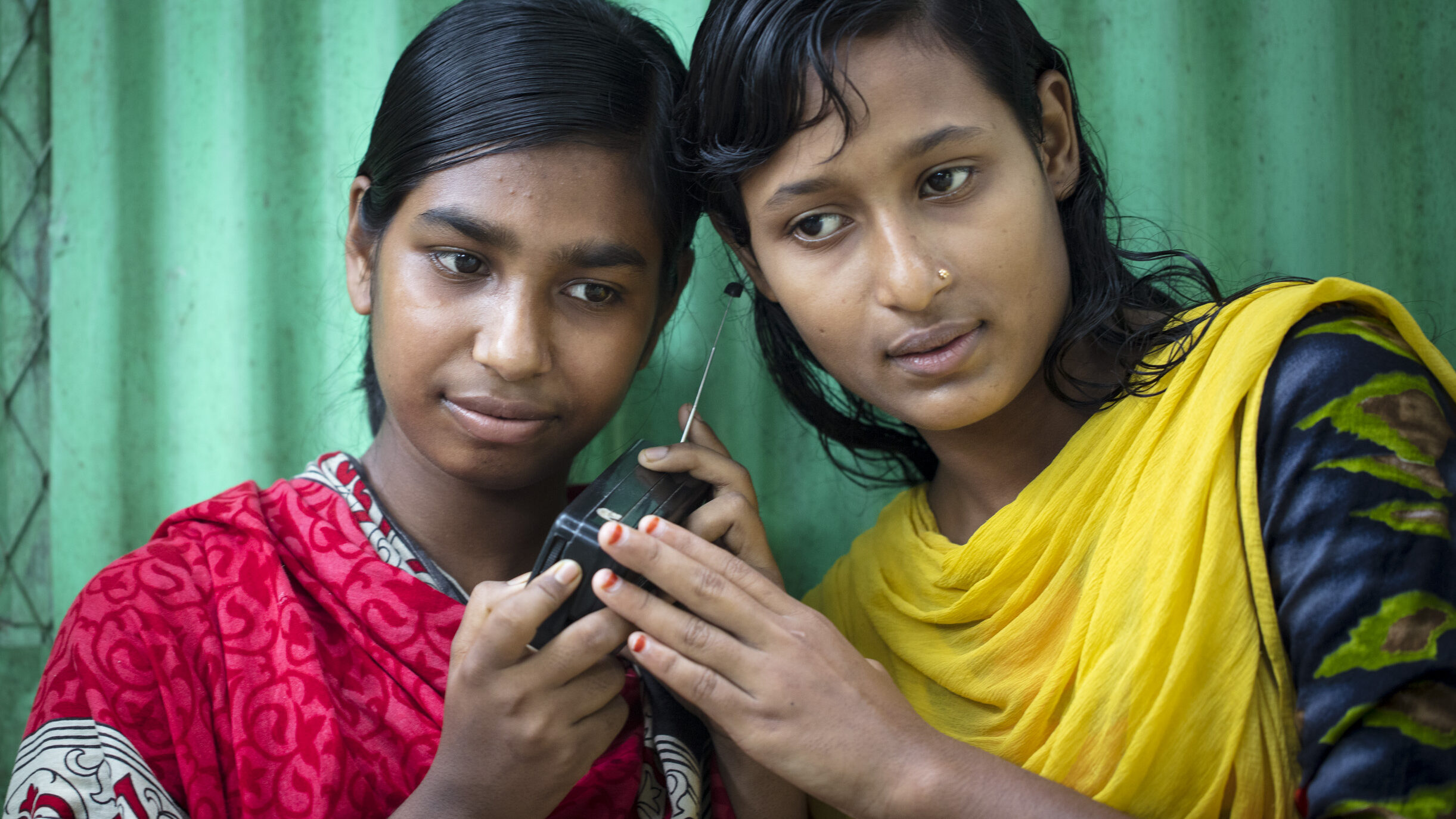
Evidence synthesis, interpretation and dissemination
6
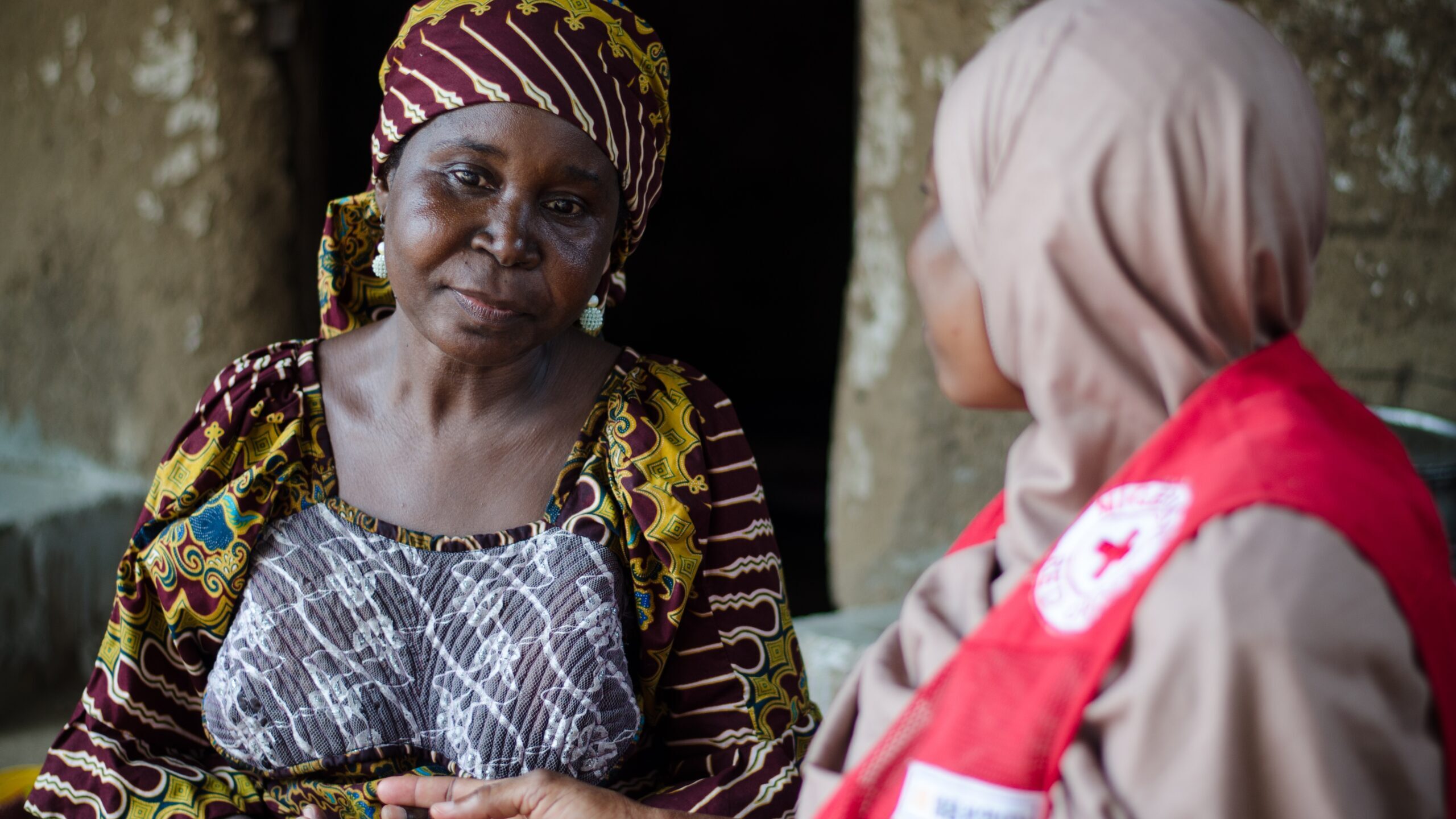
Translating knowledge to action
7
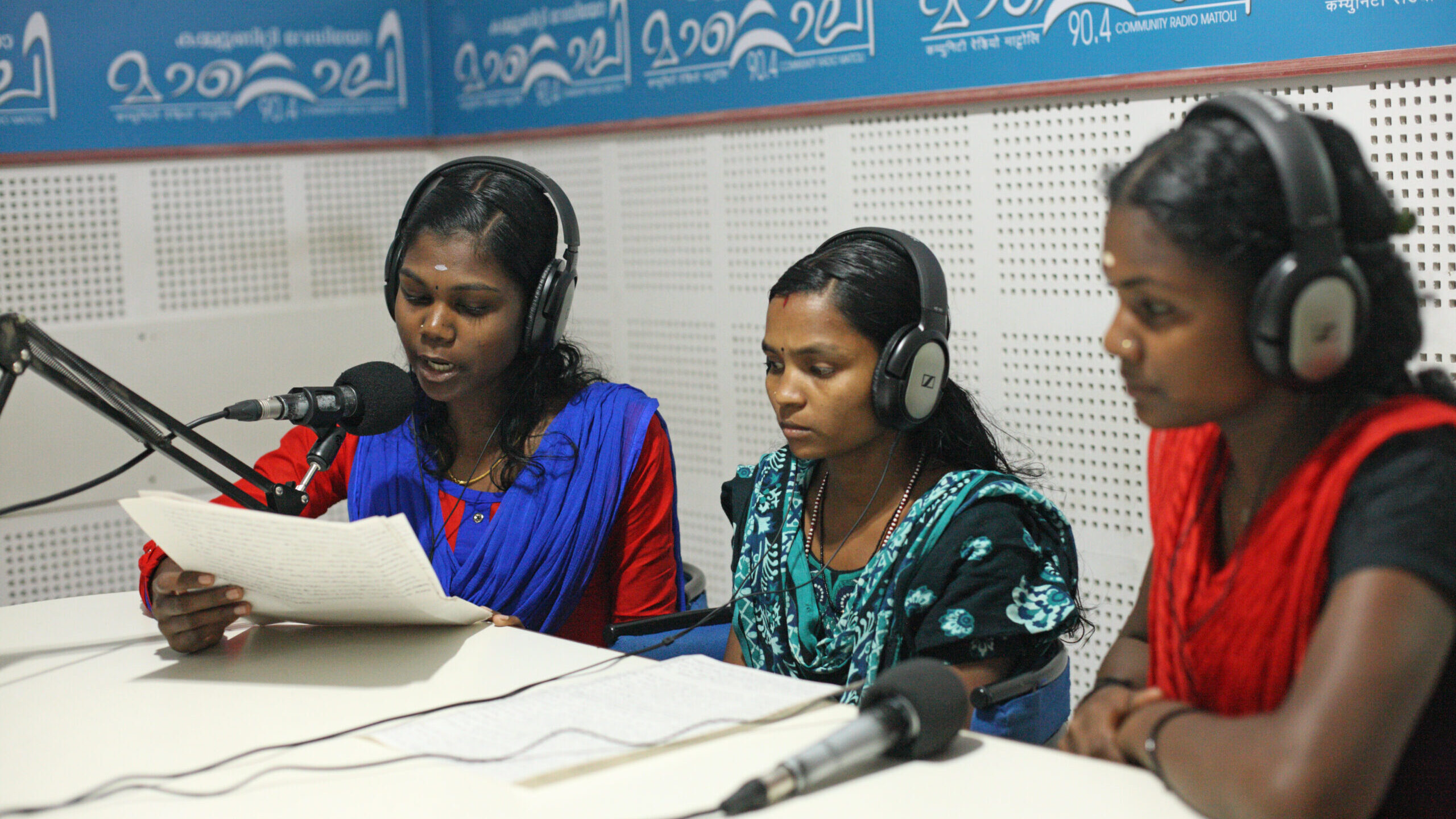
Tracking the uptake of socio-behavioural evidence
Contact
Maureen McKenna
Global Coordinator
The Collective Service
Acknowledgement
Development of this training package was led by Anthrologica for the Collective Service. The content was co-produced with partners from the Social Science in Humanitarian Action Platform (SSHAP), the Institute of Development Studies (IDS), Translators Without Borders (TWB), Médecins Sans Frontières (MSF), London School of Hygiene and Tropical Medicine (LSHTM), the International Federation of Red Cross and Red Crescent Societies (IFRC), the Rapid Research Evaluation and Appraisal Lab (RREAL) at University College London (UCL), UNICEF’s Social Science Analytics Cell (CASS), UNICEF’s Social Science for Community Engagement (SS4CE) team, the Centers for Disease Control (CDC), Oxfam and READY at Johns Hopkins University (JHU). Sincere thanks are also extended to the United Nations Volunteers (UNVs) who assisted with reviewing translated materials.

